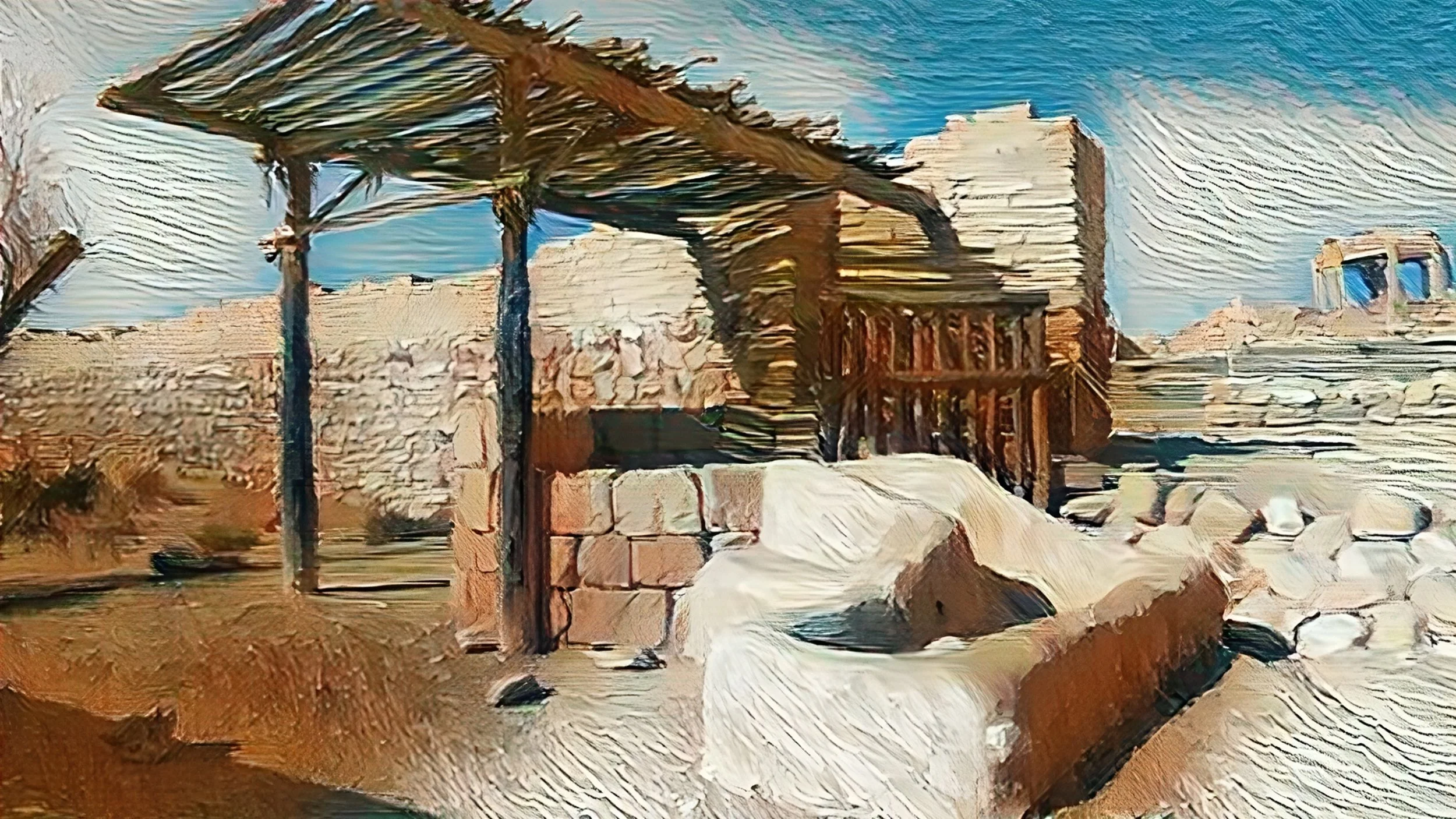In this week’s parsha, Toldot, we learn that there was a famine in the land, besides the first famine that was in the days of Avraham. Like his father, Yitzhak intended to go down to Egypt, but G-d appeared to him and said: “Do not got down to Egypt for you are like an unblemished sacrifice, and leaving the land is not appropriate for you.”
The question arises: Why is Avraham encouraged to leave the land, and his son, Yitzchak discouraged? Some would say that Avraham was the courageous adventurous type, who was stronger than Yitzchak. Avraham was man on a journey, on a mission to seek a future for his people. Yitzchak, on the other hand, could be seen as a man who is milder in temperament, who needs to be protected from the world, as he is “unblemished” in nature and may not be able to withstand outside pressures.
A different perspective could be taken. There are times in which it is appropriate to leave a place and seek another alternative to a problem. While change can be painful, it can also be a relief. There are also times to stay in place, to be resilient in the face of struggle, to be resourceful in finding solutions through perseverance and grit, and determination.
I like to think of Yitzhak as a man who was capable of “sticking with it” in the face of struggle. A famine was upon him in the land, and rather than leave, he was told to stay and sweat it out. It takes immense courage to confront an seemingly unsolvable problem. It takes patience, faith and resilience. These are the attributes of great strength and determination.
At Sulam we talk about perseverance, grit, and resilience as skills we work to help our students develop so that they can confront their struggles head on. G-d promised to stay with Yitzchak and bless him, and provide for him. I believe this is an encouraging message that when we have resilience, G-d has our back!
Shabbat Shalom,
Lianne

